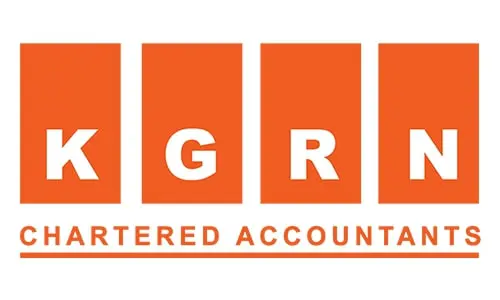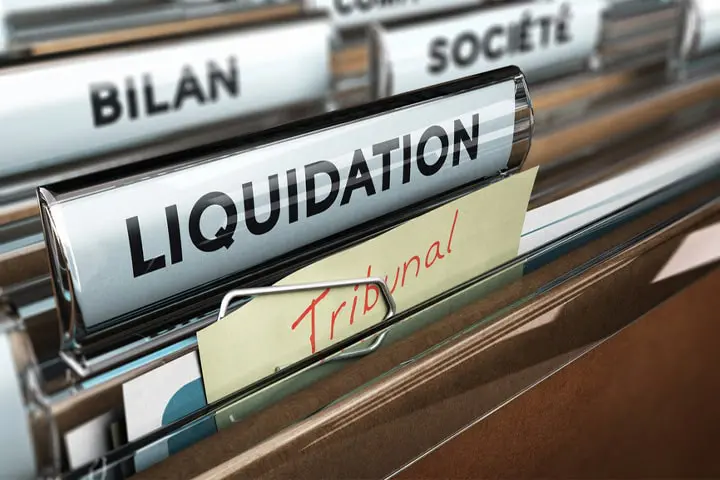In some instances, companies have no choice but to opt for liquidation or de-registration. As they say, failure is only the stepping stone for success, and starting fresh with a new business venture is better than wasting your time on something that doesn’t work. As a result, company liquidation services are as essential as company registration or incorporation services. The company liquidation process in UAE may be a little tricky, and hence it is best if you consult a specialist to prevent delays and hassles. In this article, we will take a look at winding up and de-registration formalities to gain an idea regarding how they work in the UAE.
Why opt for Liquidation or De-registration Services in UAE?
- Might be the more financially viable option in some cases
- End old problems to start afresh with a new idea
- Shared understanding to end a specific business legally
- Significant indications of indebtedness that might lead to a personal loss of wealth
- Having insufficient funds and assets to continue
- Avoid other legal complications due to an offence committed
- A better business idea that requires effort and capital
When to opt for the company de-registration process?
In the UAE, businesses can opt for liquidation or de-registration under the following circumstances;
- Most investors choose to liquidate or de-register
- Voluntary liquidation due to a critical individual leaving the company
- Company endures indebtedness causing significant misfortune which is greater than half of the approved capital.
- Emirati Court decides to break the company up.
Company Deregistration Process In the UAE
- Designate a vendor or a managed auditor to oversee the liquidation.
- The named vendor must then outline the goals and objectives of the liquidation via papers or resolutions.
- The liquidator will then have to announce a brief regarding his or her appointment and the company deregistration in at least two local newspapers.
- In case any creditors have issues, they may present their case or protest in case of unpaid dues.
- Other investors can then question the liquidation if they feel it is uncalled for or inappropriate.
- If the time provided is too short, the liquidator can ask the stakeholders for an extension of the period.
- Once the liquidation is complete, the auditor must prepare and submit a liquidation report to the enlistment centre, which will then issue a deregistration certificate.
What is the role of Liquidators in Dubai?
A liquidator is an individual appointed by the investors, management, shareholders or the court of law to oversee and conduct the liquidation. They gather the required data, review all the files and oversee the process of company liquidation in Dubai. They also help with the selling of the company’s assets to pay off outstanding dues. Like with most other countries, in the UAE as well, these liquidators must be certified and registered under governmental agencies. The primary roles and duties of a liquidator in Dubai are as follows;
- Sell the organization’s assets
- Pay the creditors their outstanding dues
- Settle all accounts with suppliers and other businesses
- In case there is money left afterwards, distribute it among the shareholders.
- Bring and defend lawsuits against the company.
Documents required for company deregistration in UAE
- Completed cancellation or deregistration form
- Notarized partnership cancellation contract
- Notarized general assembly minutes regarding the appointment of liquidator and deregistration
- Official letter accepting the liquidation duty from the appointed vendor
- Any other legal document required as approval to close down a business license
KGRN Chartered Accounts offers one of the best liquidation services in the UAE and have decades’ worth of experience in the field. So, what are you waiting for? Say goodbye to all your deregistration woes with KGRN by your side.
For enquiries, call +971 45 570 204 / E-mail: [email protected]





